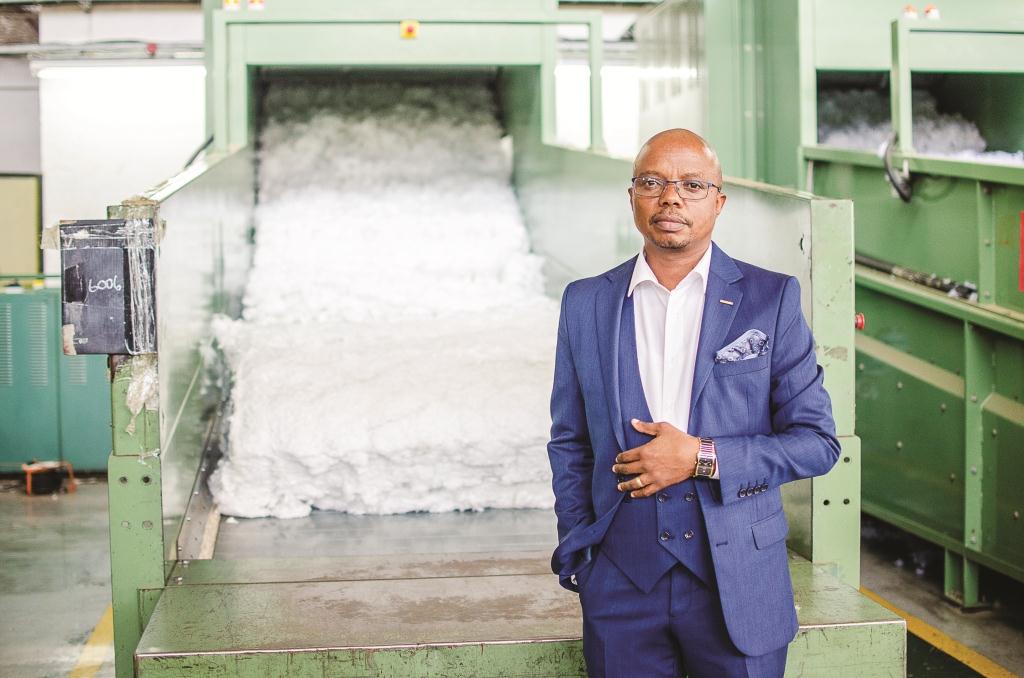Matime Nchabeleng’s business helps patients with burn wounds, but there is no bandage to heal the pain of not being paid on time by its biggest client, the government.
Nchabeleng is the Chief Executive Officer (CEO) of Maisha Medical at a small industrial park within the busy Gateway Industrial Park, in Centurion, near Pretoria.
This is where he stores his product, Drawtex, a hydroconductive wound dressing that is supplied to most South African hospitals and exported to 11 countries.
His office has pictures of patients with terrible burn wounds that are not easy on the eye.
“My heart sinks when I see others suffering; I always want to help where I can. I care about others security so that they could live better lives,” says Nchabeleng.
Loading...
Nchabeleng, a husband and father of four daughters, founded Maisha Medical in 2013. He has no medical background but his strategy in life is to broaden his knowledge in a field that interests him.

The Bandage Business Waiting Game
“The key, is working very hard. I don’t have a medical background, but I have employed people with a medical background. What I thought I needed to do was to read and educate myself so that when I talk to a CEO of a hospital or a doctor, I at least make sense and have some understanding of their language,” he says.
While growing up in Thabampshe Village, in South Africa’s northern Limpompo province, becoming the CEO of a R20-million ($1.5-million) company was a far-fetched dream.
Maisha Medical negotiated and acquired the rights to manufacture, market, sell and distribute Drawtex globally in 2012. Nchabeleng identifies distributers for his product outside of South Africa.
“I believe the nationals understand their government and challenges, much better than I do,” he says.
When Maisha Medical started, it was worth R38 million ($2.8 million), but the value has decreased annually.
He blames this on the government which 80% of his business caters for.
“[There are] a number of businesses like us, which 80% of its business depends on the government and they go down, because the government fails to pay on time,” says Nchabeleng
“It’s not good. Sometimes I have to pick up the phone and call the MEC or the Premier of the [province] and that is not good, because you are not in business because you know the MEC or the Premier. What about those people that are not Matime, who don’t have their numbers to call and say: ‘Hey look, the Gauteng Government has not paid me since November and they owe me millions and I have 22 [salaries] to pay?’ he says.
“There are also the wrong people appointed in wrong positions. There are procurement problems as well, where buyers will exclusively look at the cost or price of the product, to the exclusion of the value of the product.”
“I believe that government must protect South African manufactured products, as these companies add value to the South African economy.”
He calls on other black entrepreneurs with pharmaceutical and medical companies to work together and have a stronger voice in the sector. This will give them a better chance of fixing what his bandages can’t.
Loading...
